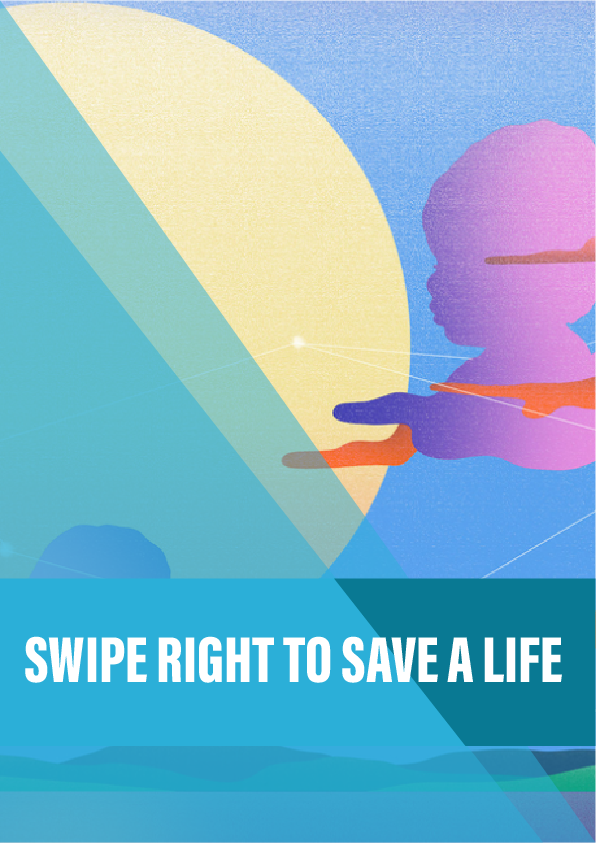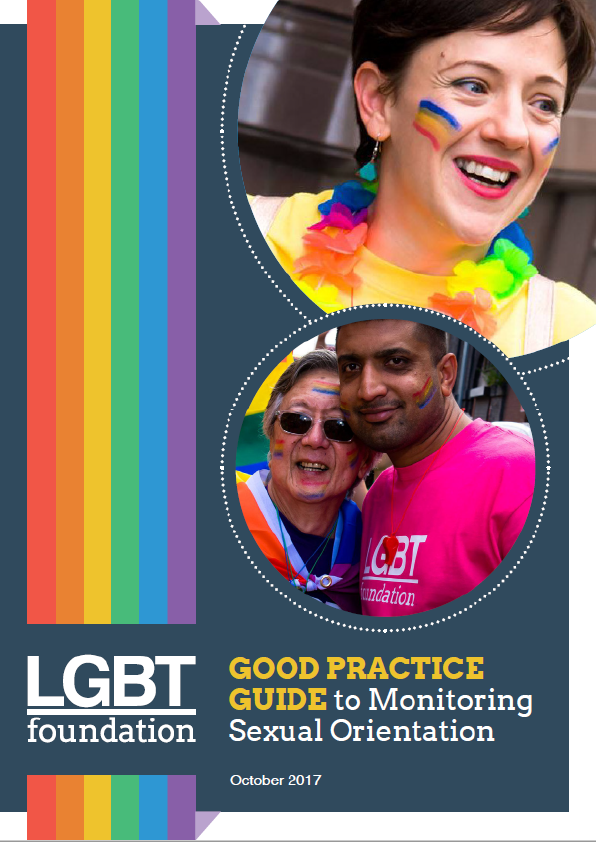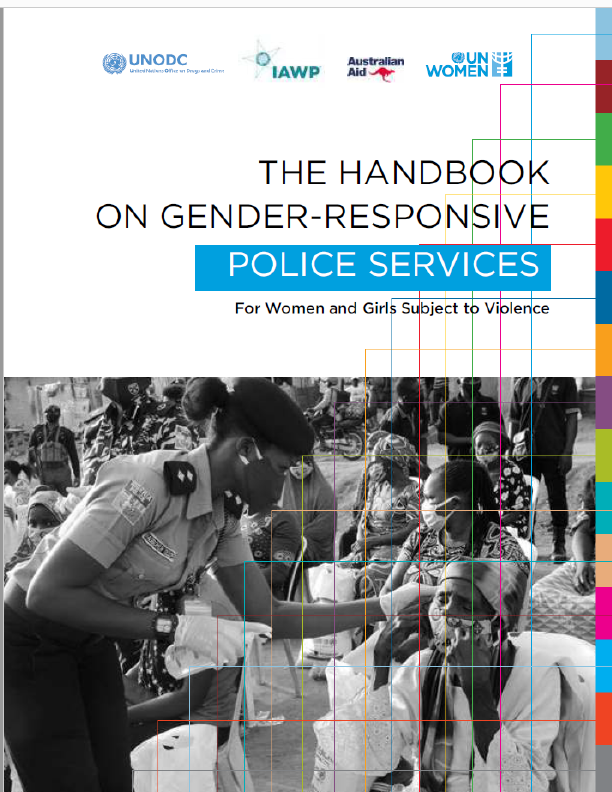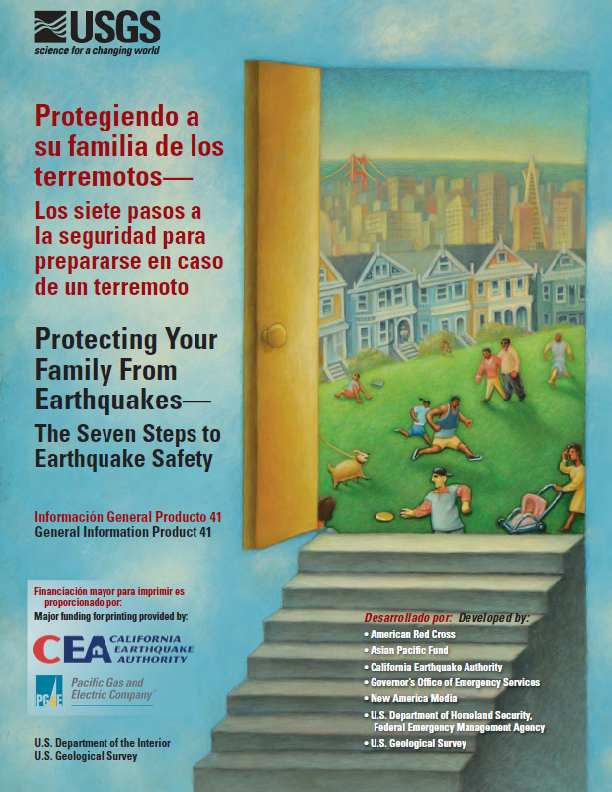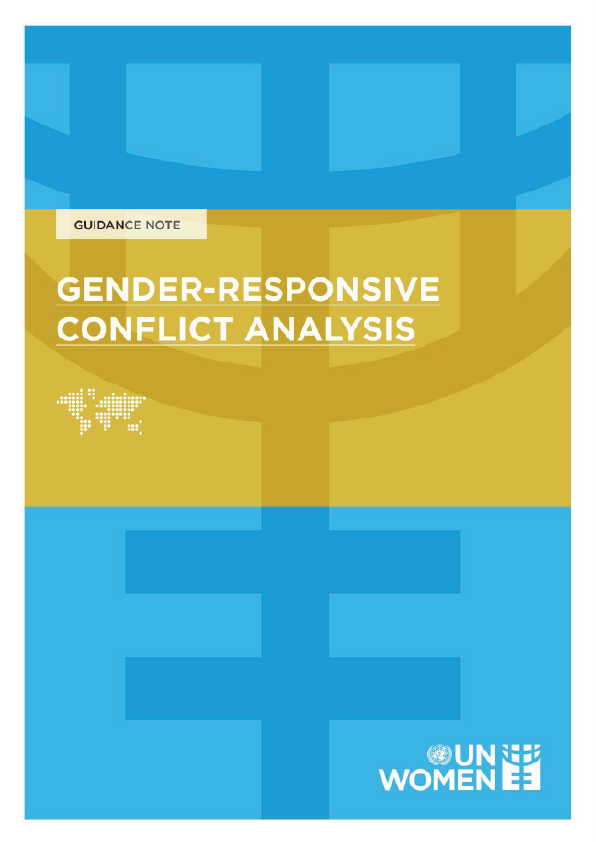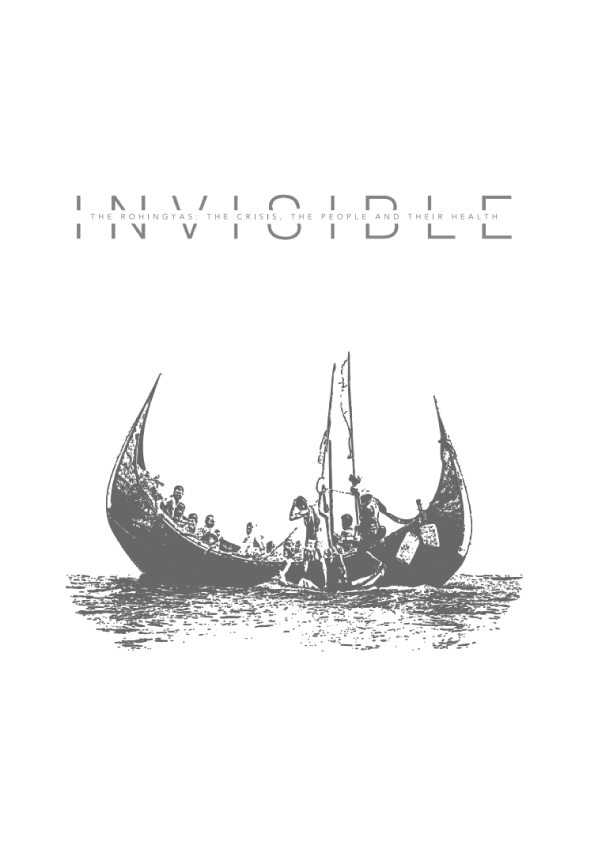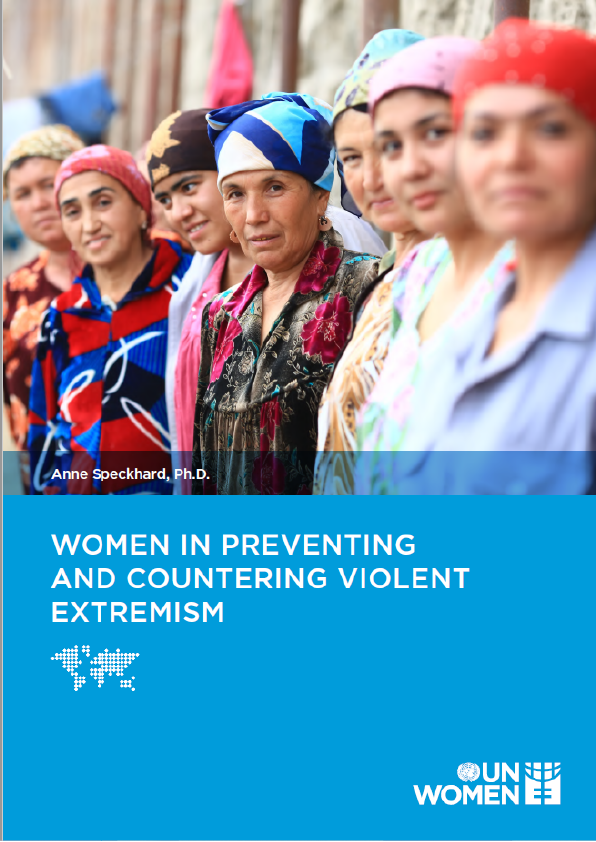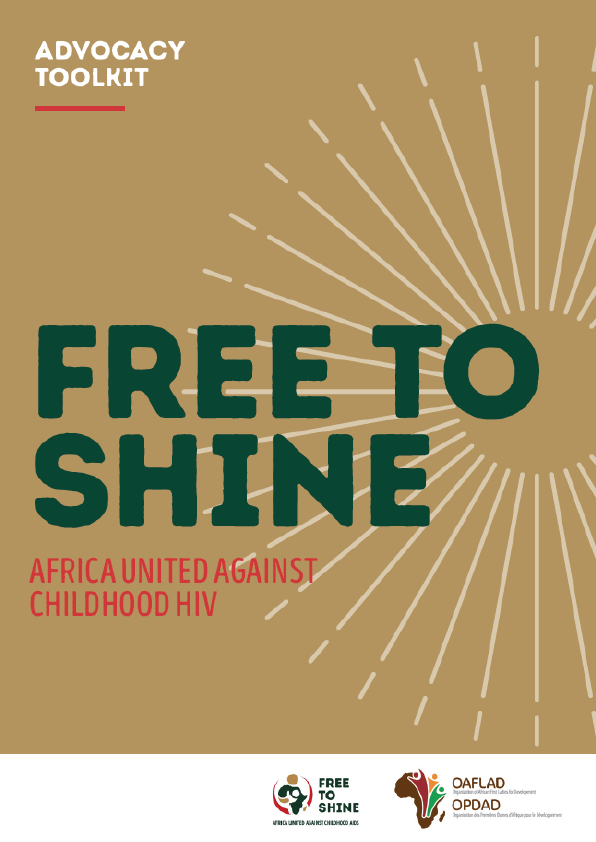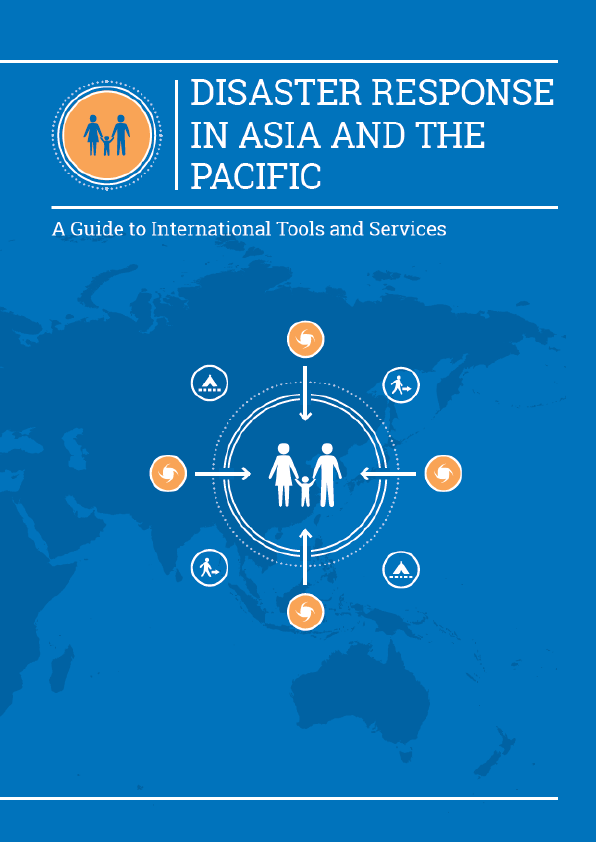In the flight to Haiti I sit with a guidebook and read about raucous street music, voodoo ceremony etiquette, and the beauty of rice and beans. On the flight home I’ll scroll through a spreadsheet of dead children: “The patients who died before surgery are in tab 6,” the email will say. Six days is a long time in Haiti.
I land in the capital, Port-au-Prince, at lunchtime on Friday and take a taxi to St Damien Hospital, where I meet Owen Robinson. In an examination room, he introduces me to Michael Crapanzano, who’s examining a girl with kidney cancer and a huge swollen abdomen.
Michael is a paediatric cardiologist who lives in Baton Rouge but regularly comes to Haiti to do echocardiograms – ultrasound scans of the heart – for Haiti Cardiac Alliance, a nonprofit organisation co-founded by Owen in 2013.
Owen is 36 years old and lives in Vermont. He used to work for the Clinton Health Access Initiative and Partners in Health, a nonprofit health organisation. Owen has a degree in political science and government, and a Master’s in international security policy – both from Harvard.
About a dozen American cardiologists volunteer for Owen. They come for a few days and see dozens of patients, mostly children. If a patient needs surgery, Owen arranges to fly them to a place where it can happen – usually Health City Cayman Islands on Grand Cayman, where surgeons operate on children for free. Some go to the US.
Today Owen is taking notes for Michael. The girl with kidney cancer has a healthy heart. She leaves. A little boy needs an operation. Owen tells his mum in Creole. She leaves, smiling. Owen speaks to another mum, who he heard was talking about killing her baby. Michael examines a boy with a hole in his heart and says he’s “inoperable”. The mum doesn’t smile.
“In the United States it would have been fixed in six months,” Michael tells me after she leaves.
A medic asks Owen and Michael to go to the emergency room. Michael carries his echo machine. It’s like a chunky laptop, but heavy, and Michael lugs it with him from the States for every trip. A woman with a swollen head holds a baby with a swollen head, but she’s not his mum – the baby was abandoned this morning. A fat baby in a crib breathes fast and heavy. Some of the mums look at me like I might help, but I can’t, so I write notes to feel less useless: “Owen has short hair and is wearing a black t-shirt with white chinos. Michael’s wearing glasses, grey trousers and a dark blue scrub top.”
Next, a medic asks Michael and Owen to do two echoes in the Neonatal Intensive Care Unit. One is on a baby boy who’s being looked after by a woman from an orphanage. He’s wrapped in a blanket and has a disfigured arm. He’s trying to turn over. He looks at me. “Hey, little dude,” I say. His heart is fine. He’s malnourished and covered in sores. I write more notes.
At 5.30pm we get in Owen’s rented 4×4. He drives along the potholed streets of Port-au-Prince, past food shacks and UN trucks, past a line of people dancing in the street, to the Marriott hotel ($159 a night). Armed guards close the gate behind us. Owen and Michael have dinner with another cardiologist who’s joining us tomorrow, but my head’s dropping from 48 hours with no sleep, so I go to bed and try to remember why it is I came here.
